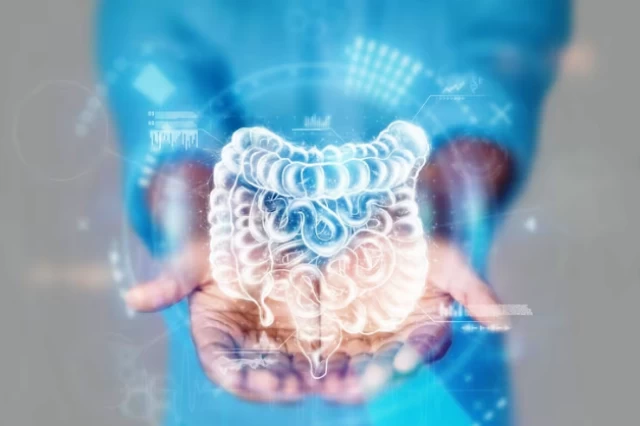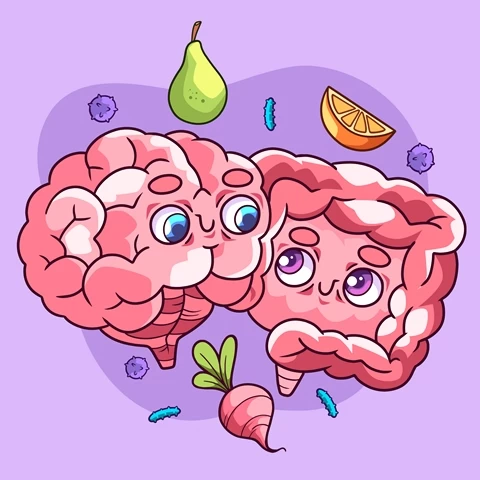
Why Are Intestines Called Our Second Brain?
- Why Are Intestines Called Our Second Brain?
- Intestines; Our Second Brain
- Communication Between the Intestines and the Brain
- Effects of Intestines on Mental Health
- Effects of Intestines on Taste Perception
- Effects of Intestinal Flora on Many Diseases
- To Improve Intestinal Health…
Intestines; Our Second Brain
You've probably heard that intestines are referred to as our second brain. The reason for this is that the intestines are an organ with its own nervous system, closely communicating with our brain. The nervous system in the intestines is as complex as the one in our brain, containing approximately 100 million neurons. These neurons perform various functions, from controlling intestinal movements to regulating the immune system and even influencing our mood.
Communication Between the Intestines and the Brain
The nervous system in the intestines communicates with our brain through two main pathways.
- The first is through a nerve called the vagus nerve. The vagus nerve carries signals from the brain to the intestines and vice versa.
- The second is through the bacteria in the intestines. There are about 100 trillion bacteria in our intestines. These bacteria can send signals to the intestinal nervous system, affecting our mood, digestion, and overall health.
Effects of Intestines on Mental Health
Research shows a close connection between intestinal health and mental health. For instance, the diversity of bacteria in the intestines is often lower in individuals with depression compared to healthy individuals. Additionally, interventions aimed at improving intestinal health can help enhance mood. More than 90% of the "serotonin" hormone, known as the happiness hormone, is produced in the intestines.

Effects of Intestines on Taste Perception
Our taste preferences can be influenced and developed by the bacteria in our intestines. The dominant bacterial population in the intestines prefers to consume its own type of nutrients. In simple terms, if carnivorous bacteria dominate your intestines, you may crave meat frequently. Similarly, if you dislike vegetables, you may have a lower population of herbivorous bacteria. By consuming more vegetables, you can increase the number of herbivorous bacteria in your intestines, changing your taste preferences.
Effects of Intestinal Flora on Many Diseases
When many diseases are examined, disruptions in intestinal flora, known as "dysbiosis," are often found in their underlying structure. As the intestines deteriorate, metabolism becomes more susceptible to diseases. As metabolism becomes compromised, the intestines become more prone to deterioration.
In conclusion, the intestines are an organ closely related to our brain and play a significant role in our health. To maintain intestinal health, it is important to eat a healthy diet, exercise regularly, and manage stress.
To Improve Intestinal Health…
Here are some things we can do to improve intestinal health:
- Follow a balanced and regular diet
- Consume foods containing probiotics and prebiotics
- Drink enough water
- Manage stress
- Exercise regularly
By taking these measures, we can improve our intestinal health and preserve our overall well-being.

Nutrition Specialist Edanur Serçe





